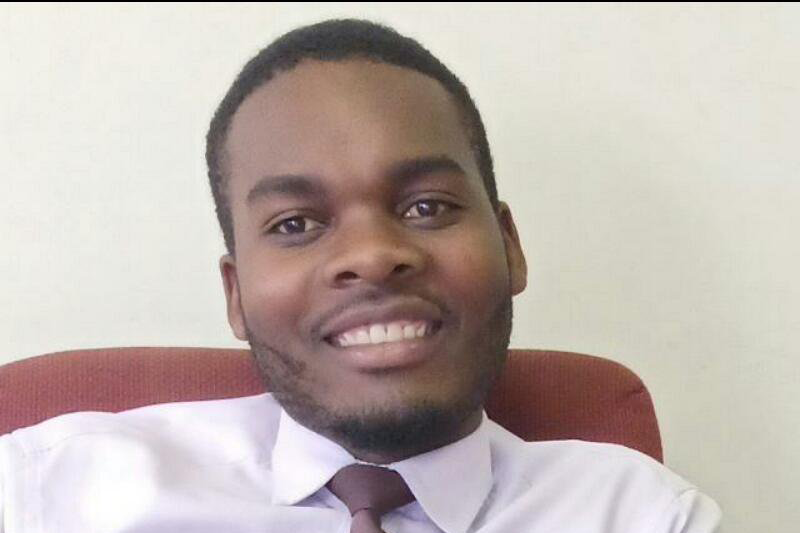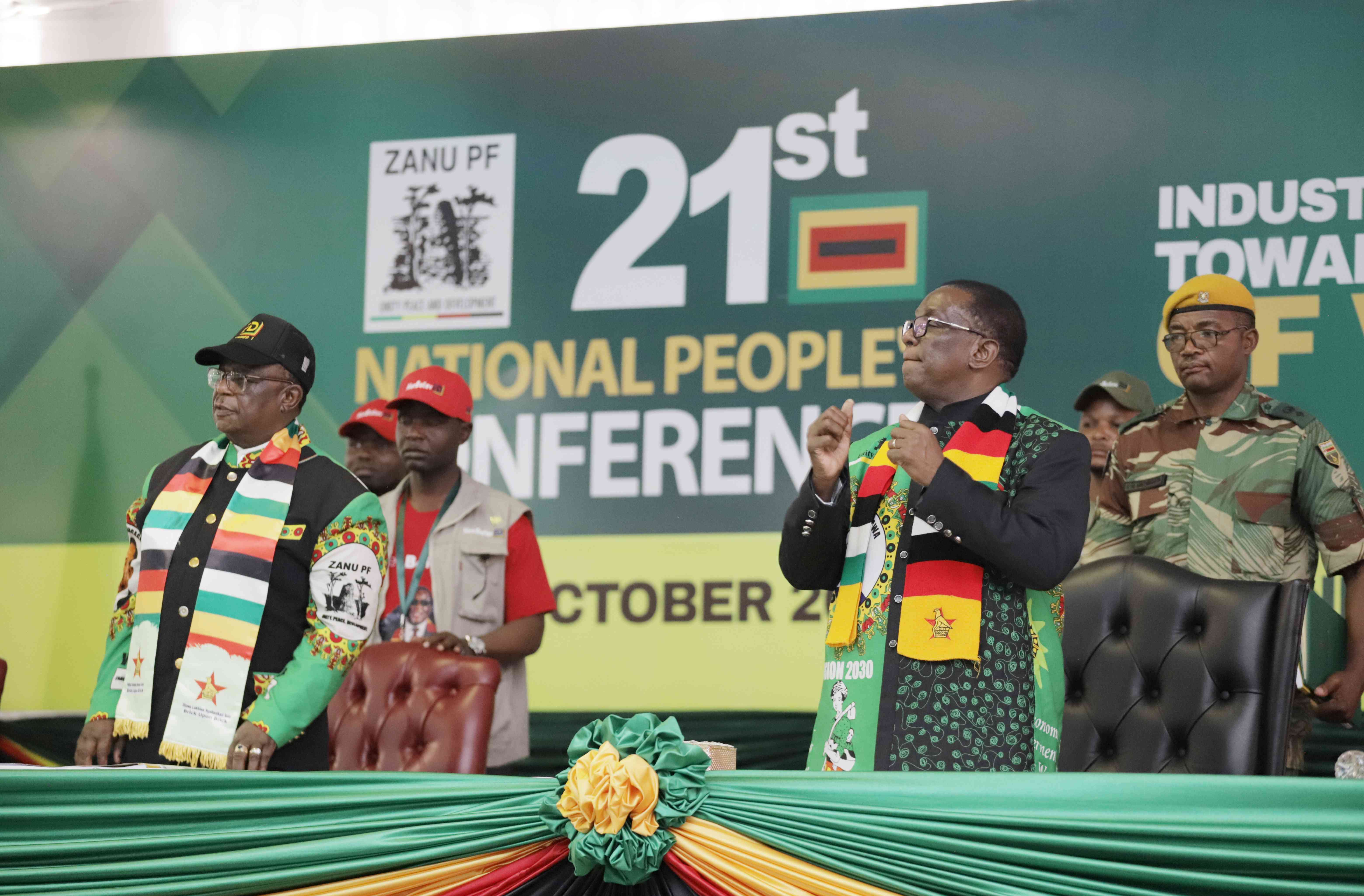
Editorial Comment
The government’s reaction to the alleged abduction of a doctor who criticised the working conditions for health workers at public hospitals raises questions about the integrity of police investigations into the crime.
Peter Magombeyi, the Zimbabwe Hospital Doctors Association acting-president was found dumped and disoriented outside Harare on Thursday evening after disappearing for five days.
A few hours before Magombeyi was found, Information deputy minister Energy Mutodi tweeted that the doctor would “sober up” before reappearing.
Mutodi joined other government officials that were already pushing the line that the doctor had stage-managed his abduction.
They claimed that the opposition and civil society activists were behind the spate of abductions to tarnish the country’s image.
At least 50 people have been abducted since the beginning of the year and police are yet to crack any of the cases.
At some point the government claimed former servicemen that were displaced by the 2017 coup were behind the abductions of civil society and opposition activists.
- Chamisa under fire over US$120K donation
- Mavhunga puts DeMbare into Chibuku quarterfinals
- Pension funds bet on Cabora Bassa oilfields
- Councils defy govt fire tender directive
Keep Reading
The alleged rogue ex-military, police and intelligence officers were invariably described as a third force, but no evidence of their existence has been put forward.
President Emmerson Mnangagwa, in a televised address to the nation on Friday, responded to Magombeyi’s abduction and he also blamed the victim.
He described the abductions as “political trickery” that amounted to terrorism. On the other hand, police have been claiming that they are conducting professional investigations.
Home Affairs minister Cain Mathema issued a statement cautioning “the media, human rights lawyers and some civic organisations against interfering with police investigations through the issuance of unverified statements, some of which border on defeating or obstructing the course of justice.”
United Nations special rapporteur Clement Voule, who is in the country to assess the country’s human rights situation, is one of the people that are certainly following the Magombeyi’s saga with keen interest.
Other western countries have also voiced concern about the handling of cases of abduction by the police.
There was no need for the government to rush into a conclusion on what happened to Magombeyi unless they know something that other Zimbabweans don’t.
The doctor clearly needed counselling and treatment before he could be allowed to tell his story.
Proper police investigations, without any predetermined position, should unravel what happened to Magombeyi.
If indeed it is proven that he faked the abduction, the law must be allowed to take its course without fear or favour.
The advice Mathema has been dishing out to critics should also be given to his colleagues in government.
Magombeyi’s case is a test the police can’t afford to fail.










